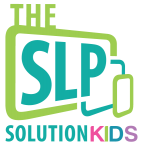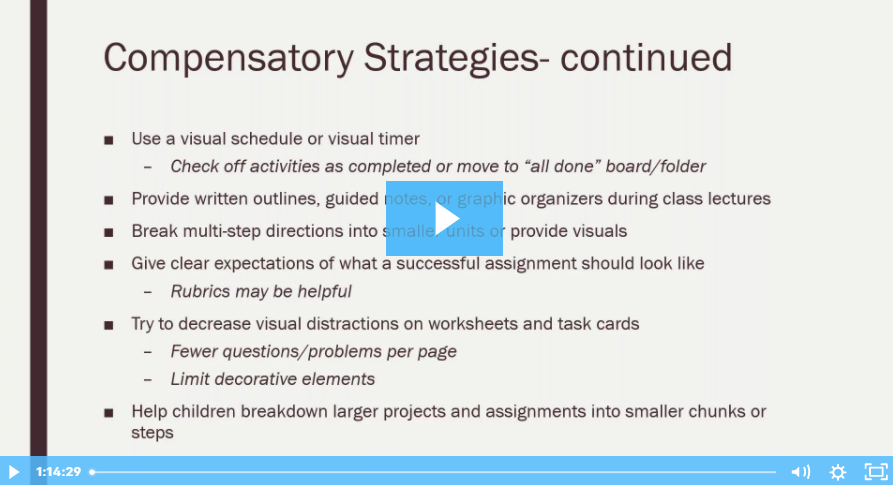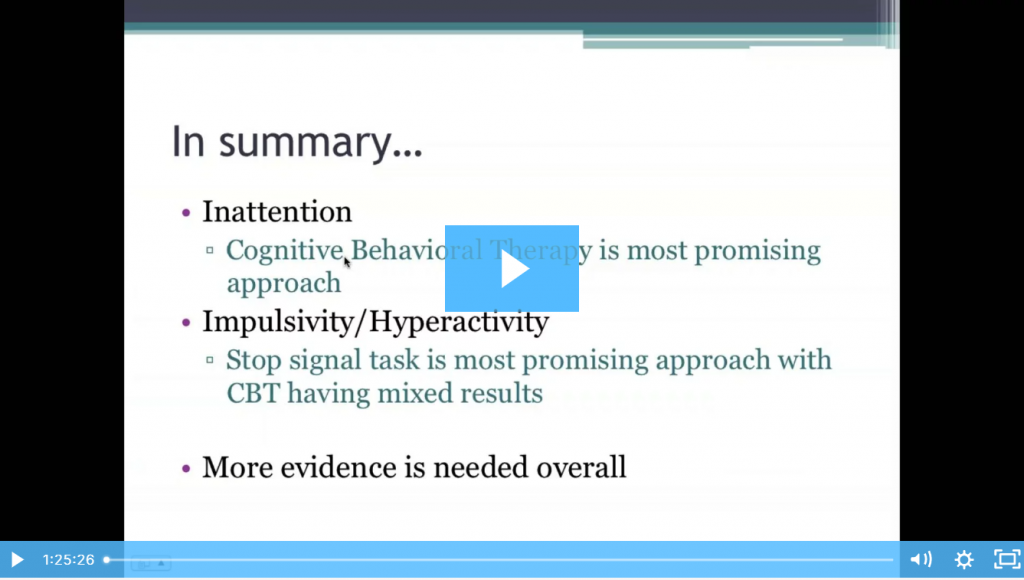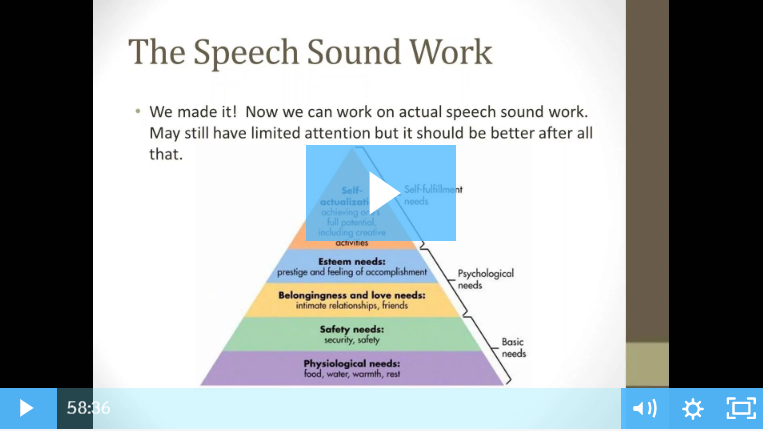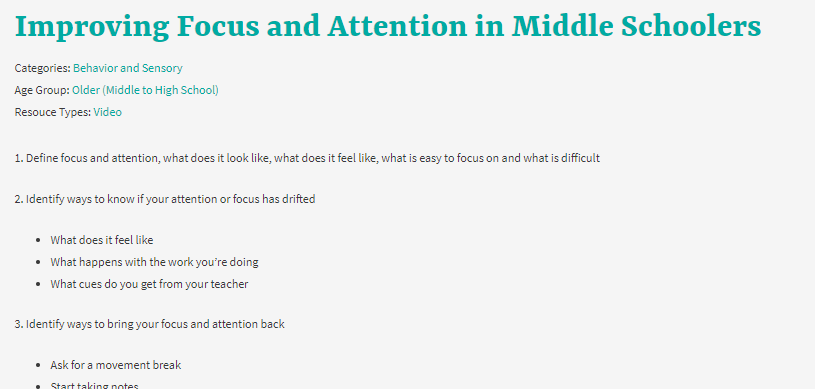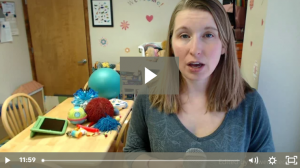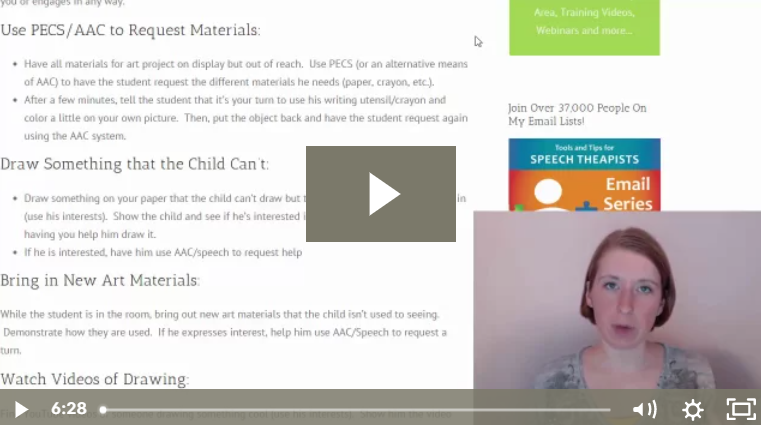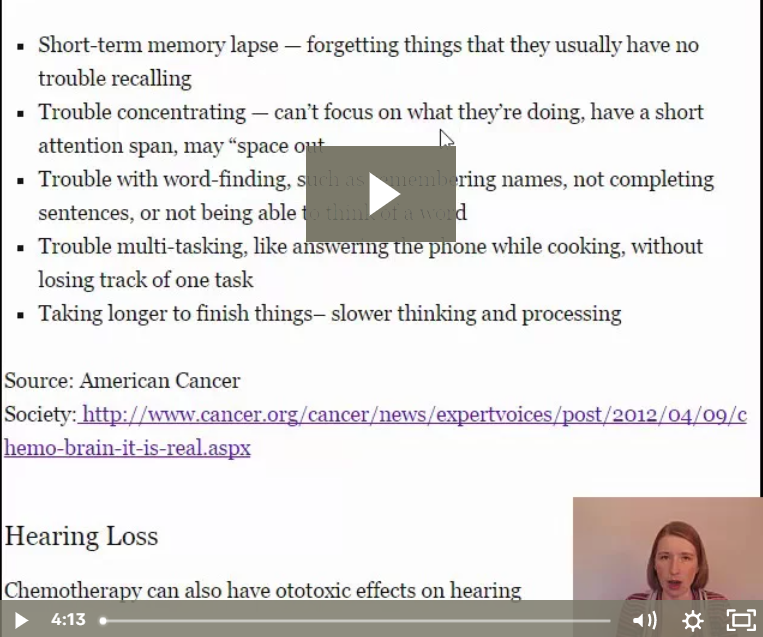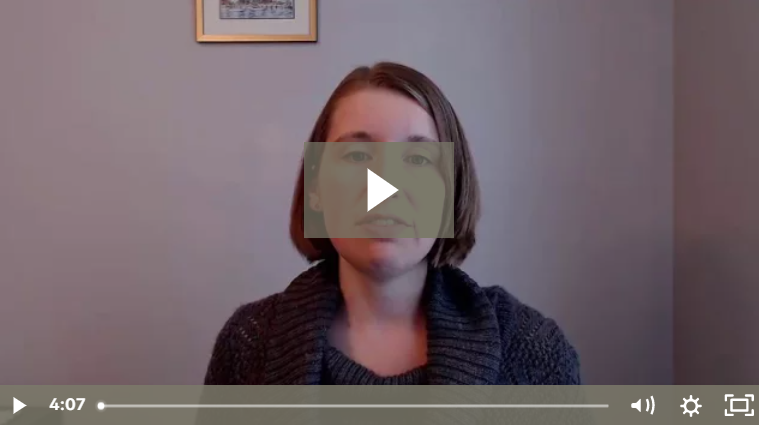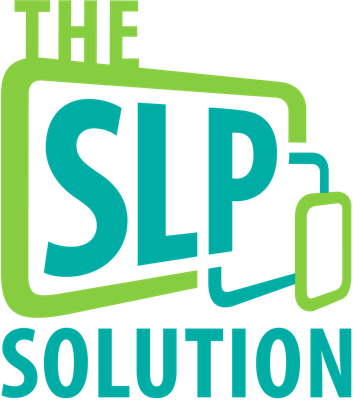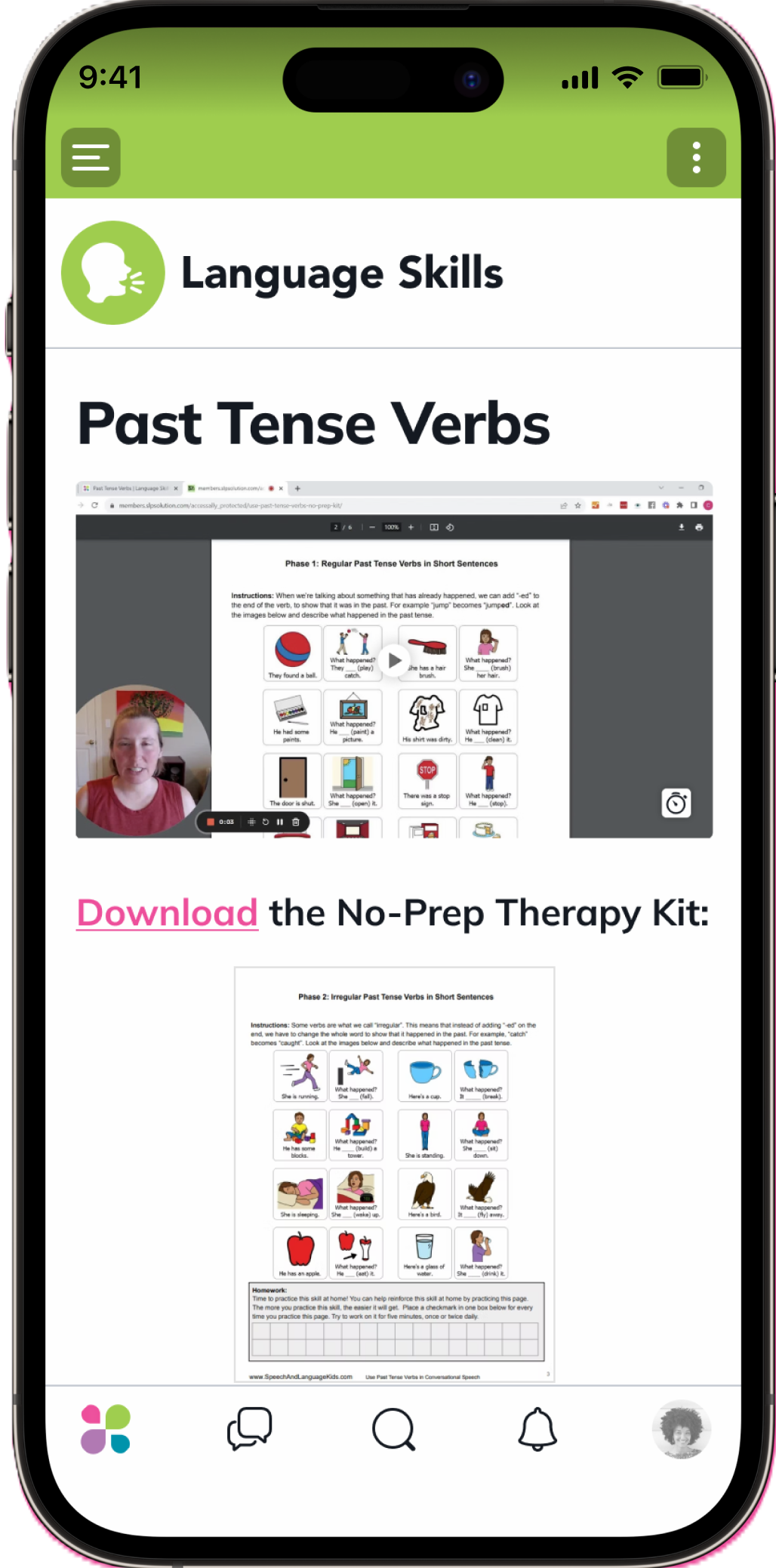Condition: Focus and Attention Difficulties
Jump To:
Norms by Age Evaluation Suggested Goals Therapy
Definition:
Focus and attention are outward expressions of a child’s executive functioning skills. Someone with executive functioning challenges will find it more difficult than others in their age group to remember information, plan and execute tasks, keep items and information organized, and maintain motivation. They may also struggle with emotional, impulse, or attentional control.
Source: https://www.psychologytoday.com/us/basics/executive-function
For many children, these executive functioning challenges appear as difficulty with focus and attention.
“Attention could be described as a spotlight that focuses an individual’s awareness on a particular facet of their environment, or on the thoughts in their head. The ability to pay attention to important things—and to ignore the rest—likely helped early humans survive and evolve. Now, it’s a skill that can help children and adults alike succeed in school, at work, and in their relationships” – Psychology Today
Types of Attention:
- Sustained attention- the ability to continuously maintain focus for a prolonged period of time, also called vigilance
- Selective attention- the ability to attend to a specific stimulus while actively ignoring other stimulus
- Alternating attention- the ability to transfer focus rapidly from one stimulus to another
- Divided attention- the ability to focus on 2 or more different stimuli simultaneously, multitasking
Source: https://members.slpsolution.com/resource/assessing-managing-attention-webinar/
Developmental Norms:
For toddlers and preschools, children should be able to attend to a structured task for 2-5 minutes for each year of their age
- 2 year olds: 4-10 minutes
- 3 year olds: 6-15 minutes
- 4 year olds: 8-20 minutes
- 5 year olds: 10-25 minutes
Attending to a TV show or screen time should not be used as the gauge of a child’s attention span. Attention span is highly dependent on motivation, novelty, and the child’s physical state (tiredness, hunger, health). Children under 3 have difficulty alternating between someone speaking to them and play. Children between 3-4 learn to shift attention between a conversation and play.
Source: https://members.slpsolution.com/resource/assessing-managing-attention-webinar/
Evaluation:
The following assessments may be used when evaluating children with focus and attention difficulties:
- CELF- 5 (following directions, sentence repetition, sentence formulation subtests)
- Test of Everyday Attention for Children (TEA-Ch)
Psychologists may perform additional assessments of attention, including checklists for teachers and parents
- Continuous Performance Task (CPT)
- Conner’s Comprehensive Behavior Rating Scales (Conners CBRS)
- Behavior Assessment System for Children (BASC)
- Social Skills Improvement System (SSIS)
SLP’s Role in Assessing and Managing Attention – Webinar Recording
A one-hour webinar recording that covers assessment and treatment strategies for children with focus and attention problems.
Assessment and Treatment of Executive Functioning – Webinar Recording
A one-hour webinar recording covering all areas of executive functioning and the assessment and treatment of each component.
Suggested Goals:
The results of the assessment process should help guide what you will target in therapy. Here are some goals that may be helpful for this condition. You can click on one of the goals below to learn more. Or, scroll down to the therapy section for more in-depth resources and support for treating this condition.
Therapy:
Here are some more resources and information that may help you when it comes to treating this condition.
SLP’s Role in Assessing and Managing Attention – Webinar Recording
A one-hour webinar recording that covers assessment and treatment strategies for children with focus and attention problems.
Assessment and Treatment of Executive Functioning – Webinar Recording
A one-hour webinar recording covering all areas of executive functioning and the assessment and treatment of each component.
Speech Sound Therapy for Children with Attention Difficulties – Webinar Recording
A one-hour webinar recording with therapy suggestions for working on speech sounds with a child who exhibits attention difficulties (including children with autism).
Improving Focus and Attention in Middle Schoolers
Quick tips for helping children improve their focus and attention (targeted at grades 6-8).
How to Find Motivators and Establish Joint Attention
A short video with examples of how to find motivators and establish joint attention for a child with engagement issues.
How to Use Art to Increase Engagement with a Child with Autism
The answer to a member’s question about how to use art to increase attention and engagement with a child with autism.
The Effects of Chemo on Communication
How chemotherapy for cancer patients can affect communication and attention.
Tips for Therapy with Children with ADHD
Short video with ideas about your role and strategies when working with a child with ADHD.
Didn’t Find What You’re Looking For?
We’re constantly working on adding new features and topics to this membership site. If you don’t find what you’re looking for by using the search bar at the top of the page, please use the button below to request new features or topics to be added!
